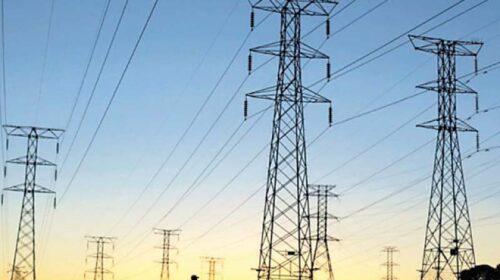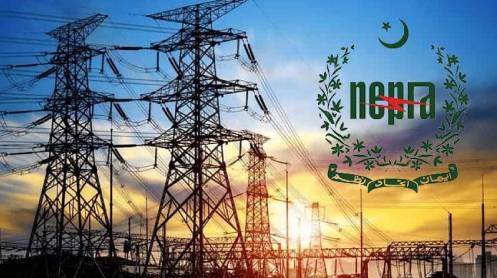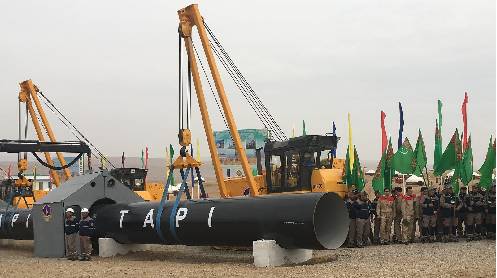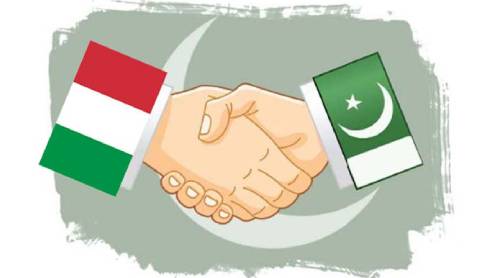Despite the fact that the Economic Coordination Committee (ECC) has approved an extension in the incremental consumption package for the steel industry six months ago, Karachi industries are still waiting for an official notification.
Businessmen of the city have regretted paying an extra bill owing to the delay in implementation of the decision.
“Operating an industry is extremely difficult as we have to struggle hard to get our legitimate right,” remarked Pakistan Association of Large Steel Producers (PALSP) Secretary General Syed Wajid Bukhari in a statement on Wednesday.
According to Bukhari, the ECC approved the extension in the incremental consumption package for the industrial consumers of K-Electric in August 2021.
The Power Division, Ministry of Energy and National Electric Power Regulatory Authority (Nepra) took six months for the application of the ECC decision, review and approval.
Finally on January 11, Nepra released a notification pertaining to the extension in the incremental consumption package.
“However, no notification has been issued so far for the continuation of this package for K-Electric consumers,” he lamented.
“As per law, the decision of the authority should have been implemented with the release of official notification by the federal government within 15 days of intimation but there is no enforcement of rules and laws.”
Bukhari regretted that the documented sector was suffering from the delay in notification.
Topline Securities analyst Mehroz Khan told The Express Tribune that the steel industry was facing several challenges.
“The extension of incremental consumption package, for additional power used by the industries, has been implemented in the entire country except Karachi,” he said.
Persistent delay in providing relief to Karachi-based industries shows that there is no level playing field, he added. This has adversely impacted the industries, especially those with high energy needs like long steel, he said.
“Steel players in the southern part of the country also have to bear the cost of transportation in order to supply rebars to the northern region because more than 75% of the demand comes from there,” he said. “Secondly, the cost of production in the south is higher due to the absence of an incremental consumption package”.
He stressed that the delay in extension of the package was denting the south based industries and feared that it would result in deterioration of their gross margins.





